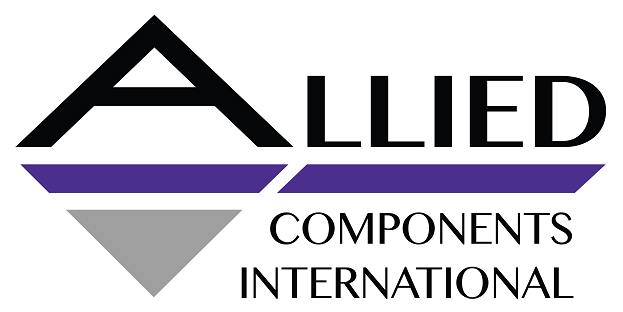The Role of Power Density in Power Management Systems

Modern power management systems are steadily improving with new technology and must be supervised by someone who understands how power density is related to size and efficiency in a power system as well as how it is measured and how it can overcome limitations.
Importance of Power Density
Power density is the amount of power processed per unit volume of the unit area. While various units are used to measure power density, it's typically expressed as watts per cubic meter (W/m3) or watts per cubic inch (W/in3).
Understanding power density is important because it indicates how much power can be processed in a given location. It's the key to generating more power in a smaller space while cutting costs due to modern engineering shaped by cost-efficiency. Some power system designers consider power density to be a top concern in the design process.
Power Density Solutions - Limitations and Trade-offs
Before applying power density solutions, it's important to be aware of its limitations and trade-offs. In some cases, there may be losses in conduction or at turn-on and turn-off points. Other converter power losses may be attributed to thermal issues, reverse-recovery, and charging
How to Gain High Power Density
Despite the limitations, high power density can still be achieved if a designer focuses on certain elements. A switch, for example, needs to be capable of low switching and conduction losses. The converter must be designed to operate at high switching frequencies and must allow for excellent thermal performance. Another strategy is integrating multiple semiconductors dies in a system as they passively integrate power and control methods.
Also Read - How to Choose the Perfect Aluminum Electrolytic Capacitor
Some of TI's High Power Density Innovations
Texas Instruments (TI) has been a major developer of solutions that overcome the limitations of higher power density. The four qualities that make this technology possible involve lower heat generation, greater efficiency, reduced system footprint, and advanced cooling that enhances thermal performance.
The use of smaller passive components contributes to efficiency, as do multilevel converter topologies and advanced power-stage gate drivers. One of TI's products designed to overcome the limitations of power density is the UCC12050, which integrates a transformer and DC/DC controller with the manufacturer's proprietary architecture.
Why Power Density Is Becoming Increasingly Important
Power density is at the center of many modern electronic technologies, such as from EV chargers to IoT devices. Its importance is growing because it relates to efficiency and size. Though there are limitations to achieving high power density, TI has successfully developed innovative techniques to overcome such limitations.


